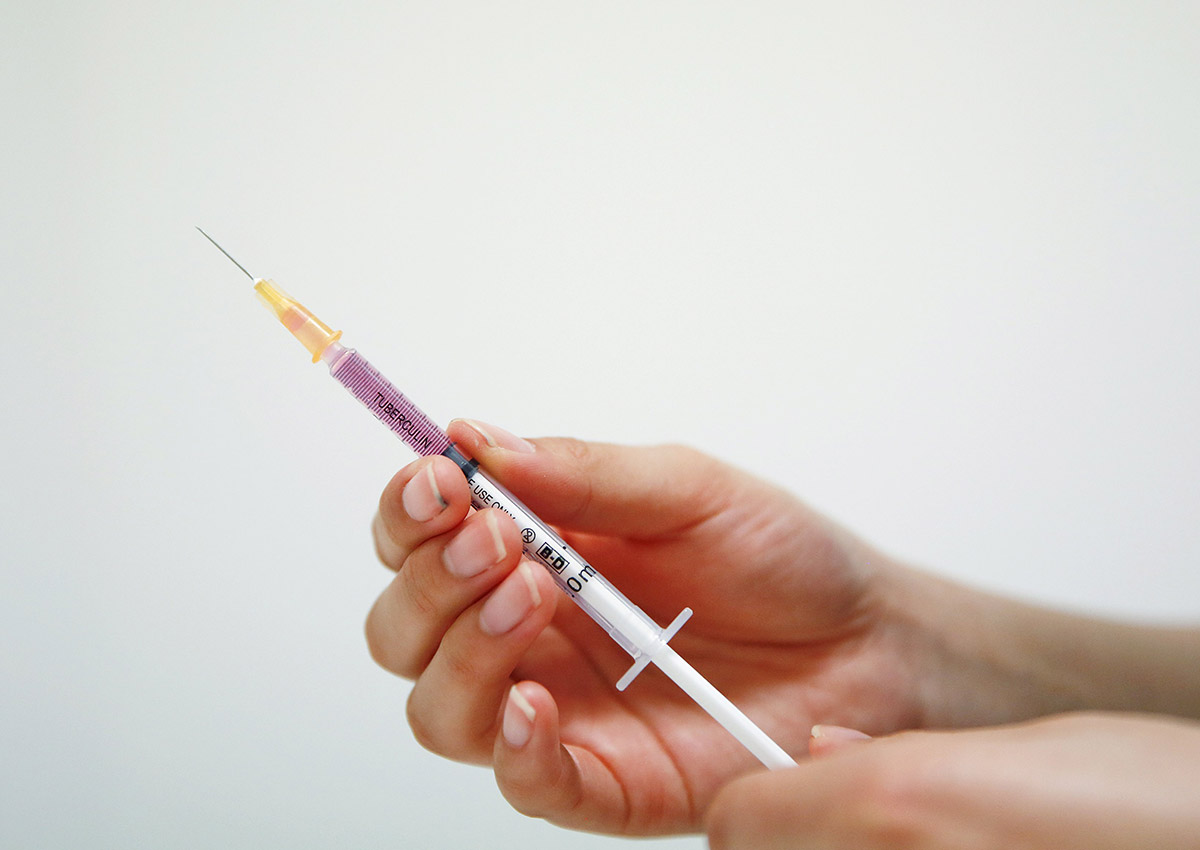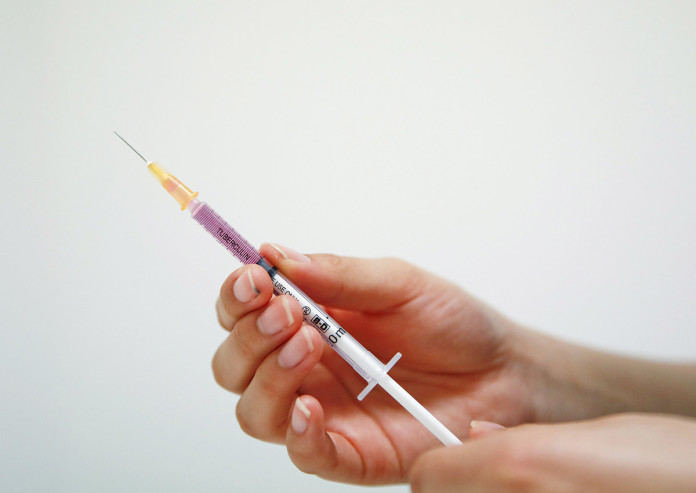China sentenced two key suspects in an out-of-date immunisations scandal, a local court said Tuesday, in a case which fuelled public concern about vaccine safety and sparked outrage about official delays in revealing details.
The scandal, which came to light in March last year, involved the illegal and improper storage, transport and sale of tens of millions of dollars’ worth of vaccines – many of them expired.
The Jinan Intermediate People’s Court sentenced Pang Hongwei, one of the key players in the scheme, to 19 years in prison for illegal business practices, according to a statement posted Tuesday on its verified Weibo social media account.
Pang’s daughter, Sun Qi, received six years for the same charge.
Between June 2013 and April 2015, Pang bought and improperly stored rabies, flu, and hepatitis B vaccines and sold them around the country, sales of which amounted to nearly 75 million yuan (S$15.5 million), according to the court.
Sun helped in accounting, receiving and sending vaccines, and making bank transfers from September 2014 to April 2015, the court said.
Although the two suspects were arrested in April 2015, the vaccine scandal was not publicised until nearly a year later, arousing public fury over authorities’ delay.
The sentence followed two cases in December and January where a former Chinese official and his wife were both jailed for taking bribes from vaccine manufacturers to gain approval for their drugs.
Premier Li Keqiang acknowledged in an earlier statement that the vaccine incident had provoked “great concern and exposed the existence of many regulatory loopholes”.
Standard vaccines such as those for polio, hepatitis B and measles are mandatory for all children in China and supplied by the state, while parents can opt to buy additional immunisations privately such as those for meningitis, influenza or rotavirus.






